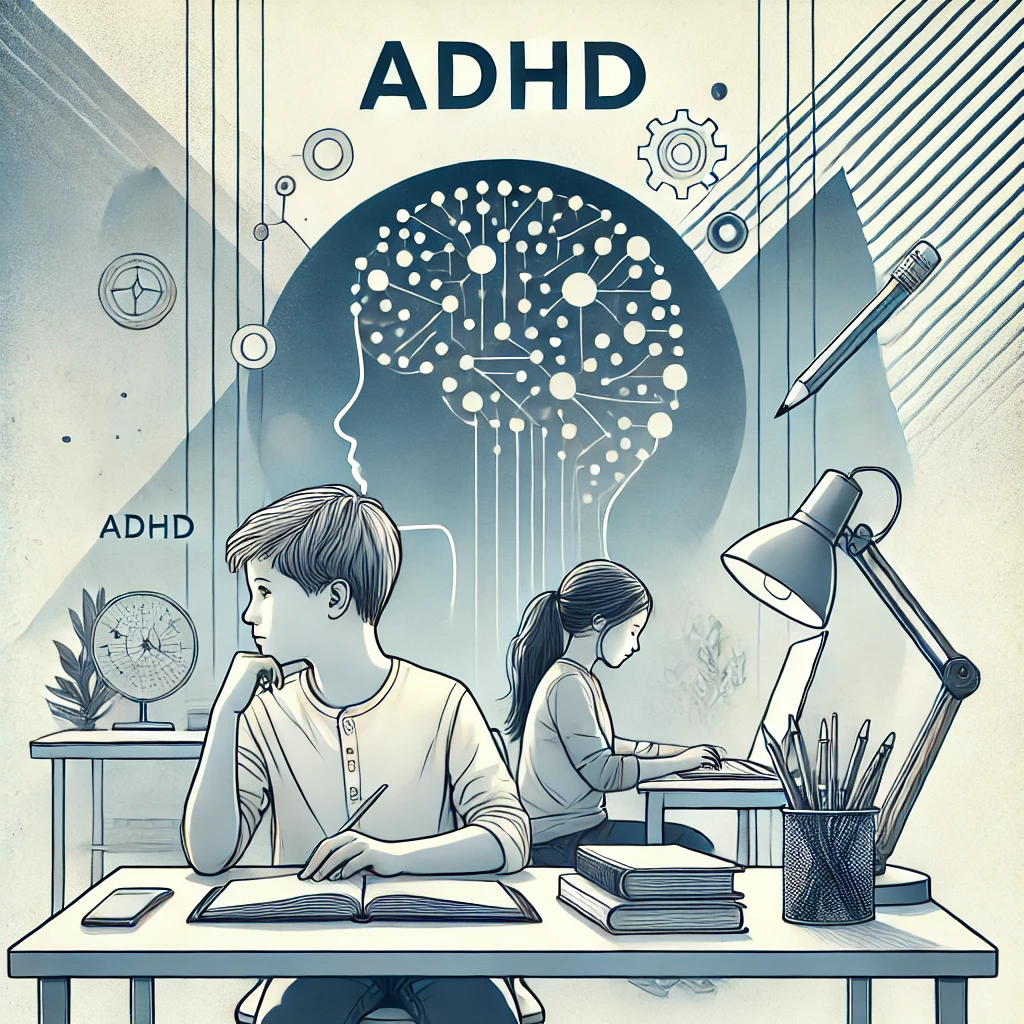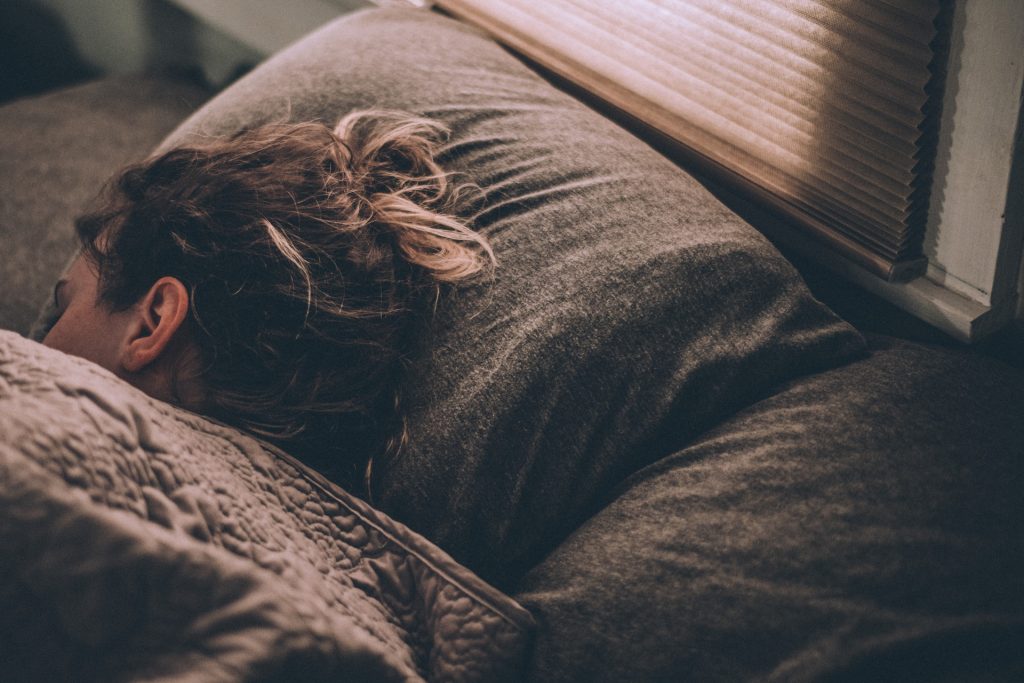
AMAZING BREAKTHROUGH!
Scientists have discovered a revolutionary new treatment that makes you live longer. It enhances your memory and makes you more creative. It makes you look more attractive. It keeps you slim and lowers food cravings. It protects you from cancer and dementia. It wards off colds and flu. It lowers your risk of heart attacks and stroke, not to mention diabetes. You will even feel happier, less depressed and less anxious. AND IT’S FREE – are you interested?
This fictional advert appears in Dr Mathew Walker’s international bestseller Why We Sleep: The New Science of Sleep and Dreams (we added the “and it’s free” bit!). For a brief introduction to this important book, read our previous blog post Sleep and dreams: Why we need to know more about them.
Exploring the life-changing benefits of sleep for our brains and bodies, Dr Walker explains how supporting evidence for this advert’s claims can be found in more than 17 000 well-scrutinised scientific reports. Science has provided proof that your mother was right: sleep has a wonderous ability to heal emotional wounds, help you learn and remember, gift you with solutions to challenging problems, prevent sickness and infection, make you happier and extend your life.
A bit of background
There are three different stages of sleep, each as important as the other: rapid-eye-movement (REM) sleep, deep non-REM (NREM) sleep and light NREM sleep. We move through all three types in 90-minute cycles during the course of a good, long-enough night’s sleep, and each type offers the brain and body different benefits.
Each cycle starts with deep NREM sleep, followed by light NREM sleep and then REM sleep, during which we dream. During the first half of the night each cycle is dominated by NREM sleep, while REM sleep dominates the cycles during the second half of the night.
This is why we need a full eight hours of sleep: late-to-bed and early-to-rise habits shortchange the critical REM sleep cycle, and perhaps some NREM too. And science has now proved that doing so has serious consequences.
Live longer
In his book Dr Walker provides unequivocal evidence that every major system, tissue and organ in your body will suffer when sleep is cut short; the detrimental impact finding every corner of your body right down to altering your DNA!
Heart disease, obesity, dementia, diabetes and cancer all have causal links to a lack of sleep. Epidemiological evidence from millions of people presents us with two stark realities:
- The shorter your sleep, the shorter your life.
- Sleeping an average of 6.75 hours per night on an on-going basis means you’re likely to only live till your early 60s.
Dr Walker’s findings on these topics are too important to squeeze in here, so read MediComm’s summaries in our upcoming posts Sleep your way to a healthy and happy heart and Sleep: An underrated weapon in preventing and treating cancer.
Learn and remember
Of the many advantages conferred by sleep on the brain, that of memory is especially impressive and particularly well understood. Sleep has proven itself time and again as a memory aid: both before learning, to prepare your brain for initially making new memories, and after learning, to cement those memories and prevent forgetting (Why We Sleep; page 108).
Dr Walker gave a group of subjects information to learn at lunch time and then more information at 6 pm. Half of the group were given a 90-minute nap between the two sets of learning. The other group were given chill time (browsing the internet, playing board games). When tested by concentration tests, the two groups showed the same levels of concentration at 6 pm, but when tested for retention ability, the group who had napped showed a 20% increase in retention of information – both that night and the next morning.
Memory seems to be enhanced by NREM sleep, which produces bursts of neural oscillatory activity called sleep spindles. The more spindles you produce, the more you remember. These sleep spindles play a role in moving information from the short-term store in your brain to the long-term store, making the memories more permanent and clearing space for more short-term information.
This sleep-spindle-rich NREM sleep happens in the latter part of the night, which means that if you sleep for six hours or less, your brain is less able to cement today’s learning and make space for tomorrow’s. Our teachers were right about all-night study sessions not doing exam takers any good! Even daytime naps as short as 20 minutes can offer memory retention benefits if they contain enough NREM sleep, so a good exam tip is to encourage naps while studying.
How many adolescents do you know that go to bed at 11 pm and wake up before 6 am, particularly if they have before-school commitments to sport or other extramurals? We will discuss this in more detail in our upcoming posts Sleep and adolescents: Defending their sleep and Sleep and education: Some eye openers, but suffice it to say that it’s worth trying to convince your teenager that sleep is more important than being on their phone, watching TV, doing school work or even reading till late at night.
Sleep is also critical for solidifying learned motor skills, producing top athletic performance and preventing injury. Read more in our upcoming post Sleep: A critical performance enhancing tool.
Forget
Fascinating research and data show that not only does sleep help us to solidify information and facts into memory, but it does so selectively and intelligently. Using meaningful tags that we have added to this information during initial learning (e.g. “My teacher said that this is likely to be in the exam” or “This means a lot to me”) or tags cleverly identified during sleep itself, your brain strengthens selected memories and lets go of others.
Become more creative
A final benefit of sleep for memory is arguably the most remarkable of all: creativity. Sleep provides a night-time theatre in which your brain tests out and builds connections between vast stores of information. This task is accomplished using a bizarre algorithm that is biased towards seeking out the most distant, nonobvious associations, rather like a reverse Google search. In ways your waking brain would never attempt, the sleeping brain fuses together disparate sets of knowledge that foster impressive problem-solving abilities (Why We Sleep; page 132).
This type of creative genius happens late in the sleep cycle, during REM sleep and has been responsible for some of the greatest acts of transformative thinking in the history of humankind:
- Descartes claimed that the dreams that he had on November 10 1619 revealed the basis of the scientific method.
- Dmitri Mendeleev’s design and development of the periodic table and Otto Loewi’s discovery of how nerve cells communicate with each other were inspired by dreams.
- Nobel laureate James Watson, co-discoverer of the structure of DNA, reports that he stumbled upon the double helix image for the DNA chain through a dream of a spiral staircase.
- Paul McCartney’s songs Yesterday and Let It Be both came to him in his dreams, as did Keith Richards’ opening lines of Satisfaction for the Rolling Stones.
- Mary Shelley’s Frankenstein was based on a dream she had and Robert Louis Stevenson dreamed the plot for Strange Case of Dr Jekyll and Mr Hyde.
- Thomas Edison used this creative genius in the most remarkable way: Edison would allegedly position a chair with armrests at the side of his study desk, on top of which he would place a pad of paper and a pen. Then he would take a metal saucepan and turn it upside down, carefully positioning it on the floor directly below the right-side armrest of the chair. If that weren’t strange enough, he would pick up two or three steel ball bearings in his right hand. Finally, Edison would settle himself down into the chair, right hand supported by the armrest, grasping the ball bearings. Only then would Edison ease back and allow sleep to consume him whole. At the moment he began to dream, his muscle tone would relax and he would release the ball bearings, which would crash on the metal saucepan below, waking him up. He would then write down all the creative ideas that were flooding his dreaming mind. (Why We Sleep; pages 232).
- We have a bad dream to thank for sewing machines. Elias Howe had the idea of a machine with a needle which would go through a piece of cloth but he couldn’t figure out exactly how it would work. In his dream, cannibals were preparing to cook him and they were dancing around the fire waving their spears. Howe noticed at the head of each spear there was a small hole through the shaft and the up-and-down motion of the spears and the hole remained with him when he woke. The idea of passing the thread through the needle close to the point, not at the other end, was a major innovation in making mechanical sewing possible (Wikipedia).
The list goes on, so it may be worth all of us taking our dreams a little more seriously! For more about REM and dream sleep’s many other benefits to your brain and in particular to your social and emotional health, read our upcoming post Sleep your way to a healthy and happy heart.
Look more attractive
Dr Tina Sutherland of Stockholm University has investigated the effects of sleep on attractiveness. She recruited a group of healthy men and women aged 18–31 years old. These subjects were photographed twice under identical lighting conditions, at the same time of day, hair down, no make-up and clean shaven for men.
The only difference between the photos was the amount of sleep that subjects were allowed to get before each photo shoot. In one session the subjects had had five hours’ sleep before the shoot and in the other a full eight hours. The order of the conditions was randomised.
A second group of individuals was brought into the laboratory to act as independent judges. These participants knew nothing about the experiment and were given a jumbled set of photographs and asked to rate the subjects on three features: perceived health, tiredness and attractiveness.
The results convincingly showed that subjects were classified as being less healthy, looking more fatigued and being significantly less attractive when photographed after five hours of sleep than when they were photographed after eight hours of sleep. Beauty sleep is a scientific fact!
Become slimmer and reduce food cravings
In a nutshell, the less you sleep, the more you’re likely to eat.
Lack of sleep results in your body being unable to manage calories effectively, particularly blood sugar. When you’re sleeping less than seven to eight hours a night, various factors conspire to increase your appetite (particularly for ‘bad’ foods) and make you gain weight, increasing your probability of becoming obese and developing type II diabetes.
And now that you understand the prolific benefits of a good night’s sleep, look out for our summary of Dr Walker’s findings in Sleep: Are we getting enough? (including tips for a good night’s sleep) – just don’t stay up all night to do so!






0 Comments